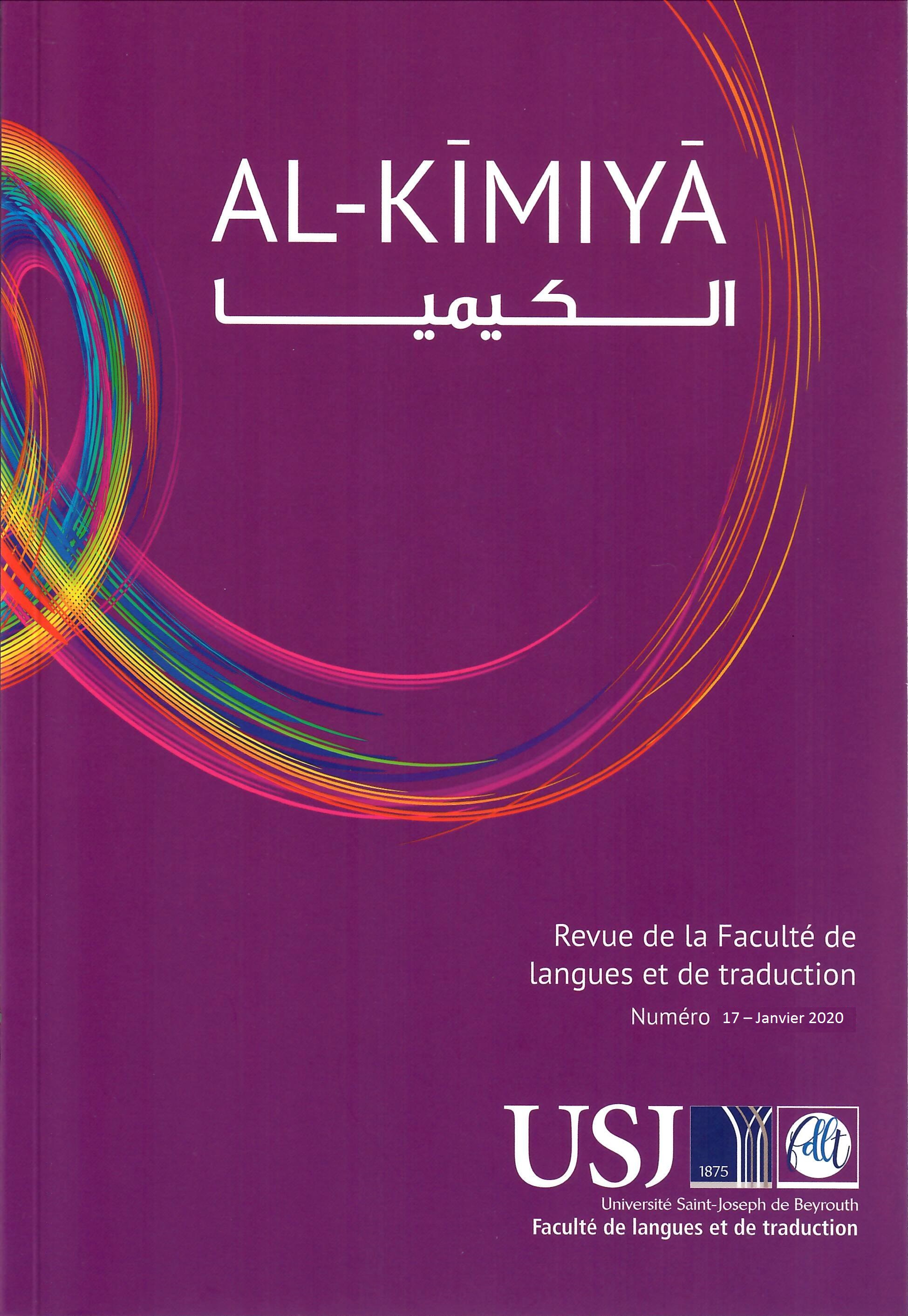Abstract
the concept of the signifiers’ referents for the target readers or listeners, ask for reflections on the essential meaning of proper names, their translation often revealing connotations well beyond the original marker. Thus, political anthroponyms prove very interesting: etymologically, politics imply a territorial setting. In movies, which picture a realistic world, a makebelieve, the setting can be difficult to grasp if films are dubbed. In Woody Allen’s movies, proper names are used as a socio-cultural code shared between the fictional members of New York intelligentsia, and, outside of the film, by the director and its audience. Drawing on liberal connivance, they build an anti-conservative front, usually ironic. Those proper names’ connotations may then be difficult to interpret by a French-speaking audience, whose “encyclopaedia” differs from the American one. Indeed, proper names in dialogues presuppose the existence of the people referred to, a parameter to be accepted by both sides. This article investigates the treatment of politicians’ names coming from three movies, Annie Hall (1977), Crimes and Misdemeanors (1989) and Deconstructing Harry (1997) in their original and French dubbed versions, to show how translation studies help onomastics to highlight their political semantic load.

